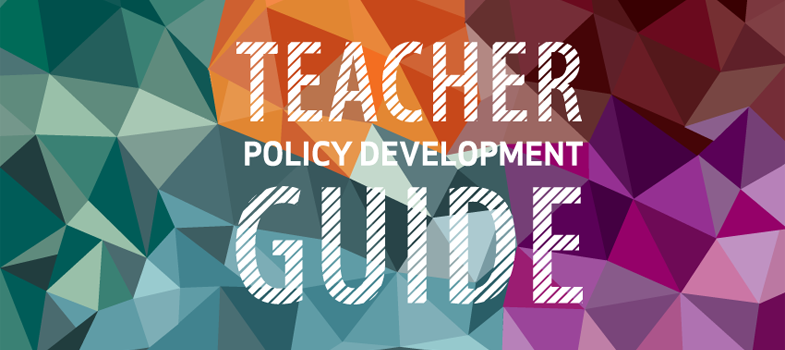3.2.3 Content, curricula and school based teaching practice
The content and curricula of teacher training programmes will necessarily be specific to the local context, and should be aligned with national education policies and specific classroom issues, such as language policies. However, a converging body of evidence demonstrates that the most effective approaches to teacher education combine theory and practice, with trainees actively participating in their training. The most effective teacher training courses involve active, experiential, practice-based learning focusing on outcomes rather than inputs. These courses consider trainee teachers as ‘reflective practitioners’, who learn both by doing and reflecting on their practice.
This means that teacher training should include a significant amount of classroom-based teaching practice supervised by selected experienced, qualified teachers, where trainee teachers can develop school and classroom competences. Practical, school-based teacher training prepares trainee teachers for the realities of working in schools. Trainee teachers who are aware of the realities of teaching – including working in remote schools with few teaching and learning resources, where teachers need to be creative and motivated in order to perform well – are more likely to be effective teachers once they begin teaching. Teacher training colleges such as those run by the Humana People to People organizations explicitly train trainee teachers for this reality; the training includes preparing for living and teaching in remote communities, including producing teaching and learning aids from locally available materials (Humana People to People, 2013).
3.2.2 Candidate selection and entry requirements
